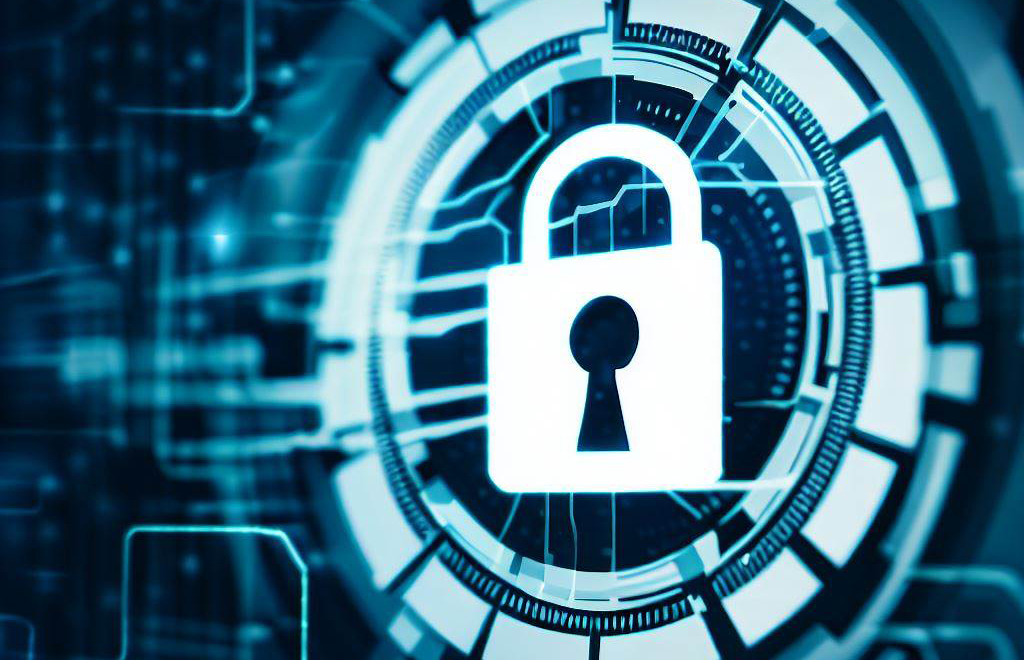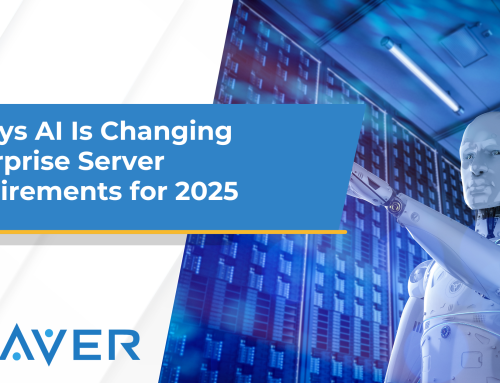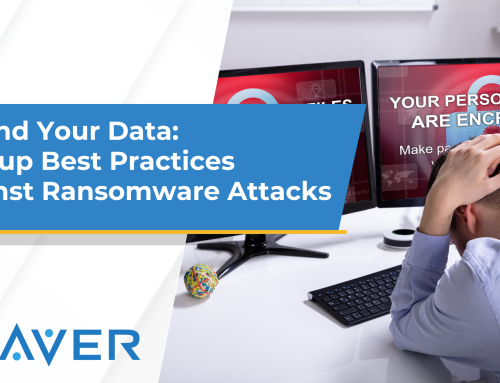Security in the digital world has always been a complex game of cat and mouse, and the emergence of new cybersecurity threats has only made the game more challenging. The need for robust endpoint security has therefore never been greater, and IT managers are at the forefront of this battle, playing a pivotal role in ensuring comprehensive protection for organizations. This blog post will delve into the role of IT managers in endpoint security and explain how they are leading the way in fortifying our digital fortresses.
Understanding Endpoint Security
Endpoint security involves the strategies and technologies used to protect network endpoints—devices such as computers, mobile devices, and servers—from cyber threats. In our hyperconnected world, every endpoint can be a potential entry point for cyberattacks, emphasizing the need for comprehensive endpoint security solutions.
As businesses increasingly adopt cloud services and remote work policies, the number of endpoints connecting to their networks has multiplied. Coupled with the rise of sophisticated malware and advanced persistent threats (APTs), this has expanded the attack surface, making endpoint security a critical component of any organization’s cybersecurity risk management strategy.
Endpoint security solutions often include antivirus software, firewalls, intrusion detection systems, and sandboxing applications. These tools work in tandem to detect, prevent, and respond to threats aimed at the endpoints.
Moreover, modern endpoint security strategies have evolved beyond mere prevention, embracing proactive measures such as threat hunting and real-time monitoring. This change mirrors the reality that, in today’s threat landscape, it’s not about if a breach will occur, but when. Thus, the emphasis is on minimizing the impact when an incident occurs—a concept known as breach containment.
The Rising Threat Landscape
The complexity, frequency, and potential for damage of cyber threats have grown exponentially over the years. Today’s cyber threat landscape is marked by a variety of sophisticated attacks, including ransomware, phishing, data breaches, and botnet attacks, presenting significant challenges for IT managers.
Ransomware, for example, has evolved from mere nuisances targeting individual users to sophisticated attacks against businesses and critical infrastructure. The recent wave of ransomware attacks worldwide has underscored this threat, with adversaries demanding hefty ransoms in exchange for decrypting locked data.
Similarly, phishing attacks have become more sophisticated, with cybercriminals using increasingly deceptive tactics to trick users into revealing sensitive information. These scams often exploit the human element, the most vulnerable link in the cybersecurity chain, making cybersecurity training for employees a crucial countermeasure.
Data breaches also continue to pose a serious risk, with potentially devastating consequences. In an era where data is the new oil, unauthorized access to a company’s sensitive data can lead to significant financial loss and reputational damage.
The advent of the Internet of Things (IoT) has added another layer of complexity to the threat landscape. As businesses increasingly leverage IoT devices for efficiency and productivity, these devices also present new attack vectors for cybercriminals.
In this ever-evolving threat landscape, staying up-to-date with the latest cyber threats and continually adapting your endpoint security strategies is crucial. This proactive approach can help ensure comprehensive protection of your organization’s network and data.
IT Managers’ Role in Endpoint Security
IT managers are the gatekeepers of an organization’s digital infrastructure. From managing network security services to ensuring IT security compliance, their role is wide-ranging and integral to the company’s security posture. In endpoint security, the role of an IT manager involves several key responsibilities:
1. Policy Development and Implementation
IT managers are responsible for developing and enforcing robust IT policies. These policies should cover a broad range of topics, from acceptable use of the company’s resources to incident response procedures. A strong policy framework is a cornerstone of effective endpoint security.
2. Cybersecurity Training
Given the human element’s vulnerability in cybersecurity, IT managers must ensure that all employees receive regular cybersecurity training. This training should cover topics such as recognizing phishing attempts, proper data handling, and the importance of regular software updates.
3. Incident Response and Cybersecurity Risk Management
IT managers play a crucial role in incident response and cybersecurity risk management. When a breach occurs, they are often the first to respond, coordinating efforts to contain the breach, minimize damage, and restore normal operations. Furthermore, IT managers are responsible for conducting regular risk assessments, identifying potential vulnerabilities, and implementing measures to mitigate those risks.
4. Endpoint Security and Zero Trust Architecture
In the context of endpoint security, one of the most effective cybersecurity solutions is the adoption of Zero Trust Architecture (ZTA). This model operates under the assumption that no user or device, whether inside or outside the network, should be trusted by default. This strategy is a key component of comprehensive cybersecurity risk management. By integrating technologies like multi-factor authentication, identity and access management, and network segmentation, organizations can significantly reduce the risk of an internal or external threat actor gaining unauthorized access to sensitive information.
5. Threat Intelligence and Cyber Threat Intelligence
Staying informed about the latest cyber threats is crucial for IT managers. This is where cyber threat intelligence comes into play. By gathering, analyzing, and disseminating information about emerging threats, IT managers can proactively adjust their security strategies and defenses to better protect their organizations.
IT managers play a crucial role in maintaining robust endpoint security. Their responsibilities extend from policy development and enforcement to incident response and threat intelligence. By staying abreast of the latest cyber threats and continually adapting their strategies, IT managers can help ensure comprehensive protection for their organizations in our increasingly interconnected world.
Endpoint Security Solutions with Weaver Technologies
In the face of a rapidly evolving cyber threat landscape, comprehensive endpoint security is more important than ever. As we’ve explored in this post, IT managers play an indispensable role in managing and enhancing endpoint security, from policy development to threat intelligence and cybersecurity risk management. However, even the most skilled and dedicated IT manager can’t do it all alone. That’s where we come in.
At Weaver Technologies, we are here to support you every step of the way. We’re committed to supporting IT managers and their organizations in building and maintaining robust cybersecurity infrastructures. We offer a suite of comprehensive endpoint security solutions tailored to your unique needs, all grounded in the principles of Zero Trust Architecture.
Contact us today to learn more about how Weaver Technologies can help enhance your endpoint security and safeguard your business against the evolving cyber threat landscape.







